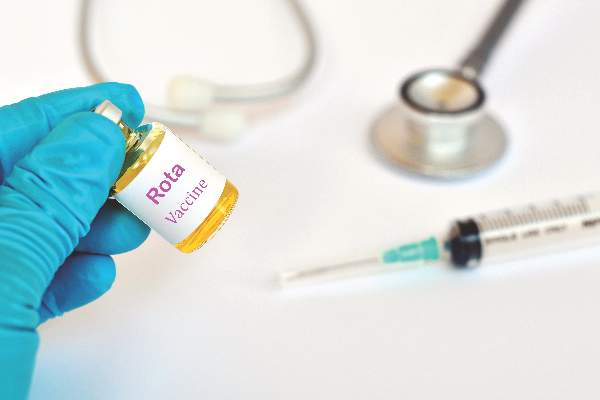FROM PEDIATRICS
Rotavirus detection was found to be diminished after rotavirus vaccine licensure, which is consistent with herd immunity, according to Harvey W. Kaufman, MD, and Zhen Chen.
During the 11-year period, 276,949 specimens were submitted for rotavirus antigen detection. In the prevaccine period, the laboratory performed an average of 31,800 tests for rotavirus antigen detection annually, of which 21% were positive. During the postvaccine period, an average of 20,981 annual tests were performed, with only 6% having a positive result, which represents an 82% reduction in the total number of positive results and a 73% reduction in the positivity rate (P less than .001). In the transition period, the positivity rate for rotavirus antigen detection was 14%, which represents a 27% reduction in the positive number and a 32% reduction in the positivity rate, compared with the prevaccine period (P less than .001).
The study noted that the positivity rate during each of the three periods was nearly identical for boys and girls, with 21.1% for boys and 20.9% for girls during the prevaccine period, 9.8% for boys and 9.6% for girls in the transition period, and 4.9% for boys and 4.6% for girls in the postvaccine period.
“The data support the notion of herd immunity in children unlikely to have been vaccinated,” the researchers concluded. “Although the postvaccination period featured alternating years of higher and lower positivity, the peak seasons have a lower positivity rate than in the prevaccination period.”
Find the full study in Pediatrics (2016 Sept. 23. doi: 10.1542/peds.2016-1173 ).





